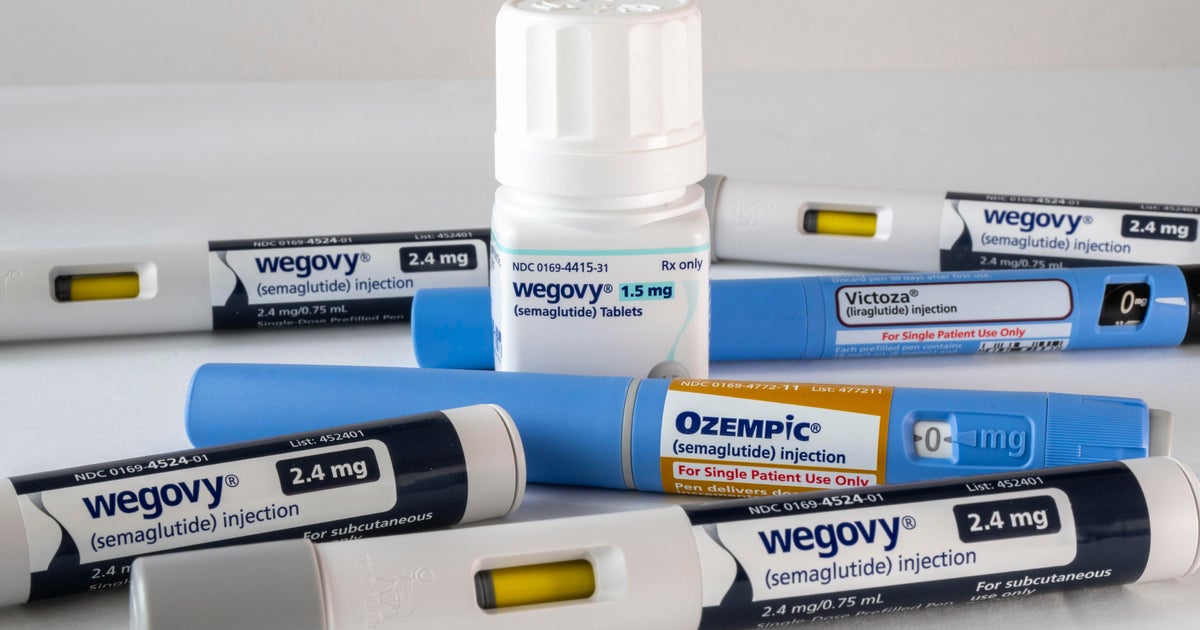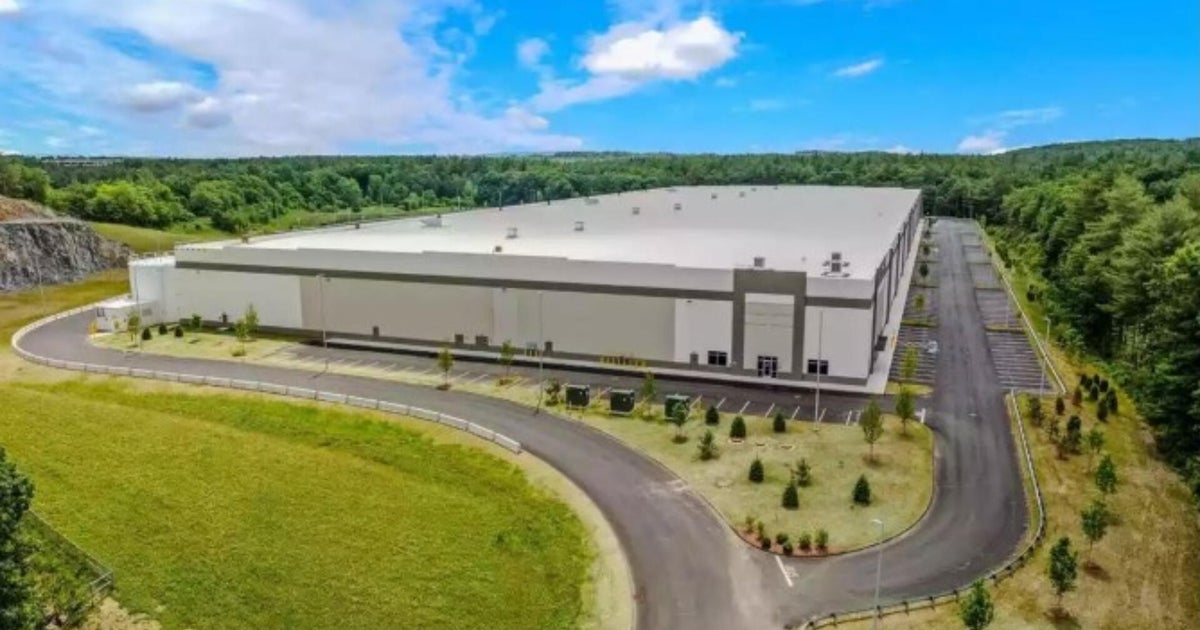And then there were three: U.K. approves Moderna's COVID vaccine
The United Kingdom's drug regulator approved the COVID-19 vaccine developed by American pharmaceutical giant Moderna for emergency use on Friday. It was the third coronavirus vaccine authorized by Britain's Medicines and Healthcare products Regulatory Agency (MHRA), but for at least the next few months, the U.K. will have to continue battling its COVID crisis with just two vaccines.
The U.K. government didn't secure any early orders of the Moderna vaccine, and while it announced on Friday a new order for 10 million additional doses, bringing its total request to 17 million, none are expected on British soil until around April.
Britain's Department of Health and Social Care said the vaccine "meets the regulator's strict standards of safety, efficacy and quality" and would be available "from the spring."
Already the U.K. central government is racing to ramp-up its vaccination program with the two currently available and approved vaccines — one made by U.S. company Pfizer in conjunction with German's BioNTech, and the other developed by Oxford University and produced in partnership with AstraZeneca.
The Moderna vaccine, which is already in use in the U.S. along with Pfizer's formula, is the same kind of drug as Pfizer's — based on newer technology than the Oxford vaccine. Both Moderna and Pfizer have said trial data shows their vaccines are about 95% effective at preventing symptomatic coronavirus infection, while the Oxford shot is said to be about 70% effective — still considered a highly effective vaccine based on decades of pharmaceutical development.
Oxford's vaccine is the one on which British officials have placed most of their early hopes of achieving mass immunity. It is both cheaper and easier to make and transport than Moderna or Pfizer's, and Britain pre-ordered millions of doses.
The U.K. government's goal is to have about 30 million people, concentrating on the most at-risk populations first, vaccinated by Easter.
So far, about half a million people have been inoculated in the U.K., but the government is planning to increase the daily rate of injections dramatically from next week. The pressure is on, given the dramatic spread of COVID-19 cases in the southeast region around London and a few other areas, largely blamed on a highly-infectious new variant of the disease.
"Vaccines are the key to releasing us all from the grip of this pandemic, and today's news is yet another important step towards ending lockdown and returning to normal life,'' Business Secretary Alok Sharma said Friday.
Prime Minister Boris Johnson ordered a new national lockdown for England last week amid a surge in new cases, and Scotland, Wales and Northern Ireland are also under lockdowns.
Driving home the urgency, London Mayor Sadiq Khan declared an official "major incident" in the city on Friday, warning that already-strained hospitals were facing a possible deluge of new coronavirus patients.
"The situation in London is now critical with the spread of the virus out of control," Khan said. "One in 30 Londoners now has COVID-19. If we do not take immediate action now, our NHS (National Health Service) could be overwhelmed and more people will die."
Only essential businesses are permitted to open across the U.K., and all schooling is being done virtually.



